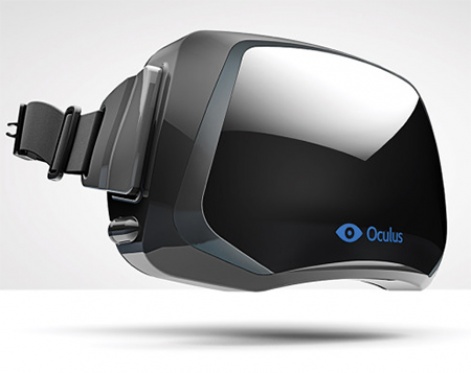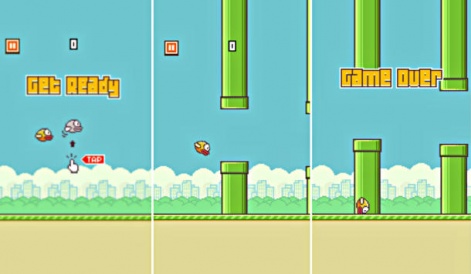If commentators are to be believed, this has been a defining week in the 'maturing' mobile games industry.
The sale of VR specialist Oculus to Facebook for $2 billion and King's debut on the New York Stock Exchange have both dominated headlines not just within the mobile media, but also within the mainstream press as well.
It almost makes this industry seem like a serious one. I mean, we're starting to pop up in The Times. Yes, the actual paper.
It's understandable why the moves both companies are making are drawing widescale audiences, too. Facebook's Oculus acquisition comes weeks after the social giant acquired the major mobile force that is WhatsApp.
King's roll out on the NYSE may not have been the smash hit the company would have hoped for, but that's only when judged by recent standards. The firm has been enjoying its time in the sun of late, with Candy Crush Saga having recently joined the especially exclusive $1 billion club.
Growing old disgracefully
And yet I wonder if the word "mature" - the word that all commentators and analysts love to use to describe the impact of such deals really applies to this industry.
Undoubtedly, compared to the dirge of much of the early 2000s, the industry's transformation from a loss-making console knock off factory into a multi billion dollar ecosystem of unique titles shows the industry has 'matured' in terms of growth.
If we're using business lexicon, then yes, mobile is now mature.
But if we're to look at the industry from an intellectual perspective, I'd argue that it is difficult to say that the word mature really applies. What can only be described as childish behaviour and wild, stabs in the dark remain commonplace in the world of mobile, and they sit awkwardly against our newfound 'maturity'.
Take the reaction to Oculus' sale to Facebook. Kickstarter funders have been quick to wail that "it isn't fair", branding the company a sell out' and trying to claim either financial benefit or moral authority over a company that they held a glorified pre-order for, and not any equity in.

Is the sale of Oculus fair to previous Kickstarter backers?
That's not even mentioning the farcical reaction from indie developers jumping ship from the platform without any knowledge of what is going to happen to Oculus, a move that I can only liken to the folk music fans who denied themselves the greatness of Bob Dylan because he started to use an electric guitar.
Let's get things straight: Oculus was always going to be sold, and there was absolutely no chance it was going to hit retail before an acquisition took place.
Its tour of industry and consumer events around the globe was designed to prove one thing to potential suitors and one thing only: the tech worked.
Mounting evidence
Even King's IPO has, with the greatest of respect, been handled in an ever so slightly amateur manner.
The firm's (alleged) decision to pull out of listing prior to Christmas because it worried it would be seen as a one hit wonder by investors Candy Crush Saga branded too successful as a result only served to reinforce such a notion, not dispel it.
These two cases are far from the only evidence of mobile gaming's immature mindset.
The Flappy Bird debacle, both the unnecessary kicking of a simple but addictive game and the shameless cloning by unprincipled grifters after the event, has been ridiculous to observe.
Dev reaction to Flappy Bird's success did no-one any favours
The continued mud hurling from certain elements of the free to play fraternity and paid game advocates about which model is best is tiring.

And then there's the OS fanboy wars, a quagmire of intellectual tedium equivalent to the Western front circa 1916.
Cash for questions
So yes, mobile gaming is maturing as a market but it is not maturing in terms of thought leadership. Too many people are too willing to fight and scramble over issues rather than accepting the truth that, within any industry, a plurality of voices and ideas can co-exist happily together.
Not only does it help support more people to make a living and build the future of the industry, it offers a broader set of consumers what they want and to help them get hold of it.
Because, amidst this immaturity, mobile could be one of the most mature industries around due to its mass-market appeal. By capturing so many more players than a console could ever dream of, there is room for developers creating both blockbusters and those with revolutionary ideas that'll appeal to a niche audience.
The only thing holding them back is the aggressive, alpha male mindset of many in the industry who seek to dominate rather than build.
So the next time you read an article considering how the industry is 'maturing', think about whether it is simply meaning that it is making bigger piles of cash or is actually becoming a more thoughtful place to work.
For my money, it'd be helpful in the long run if mobile gaming could focus more on the latter.





















